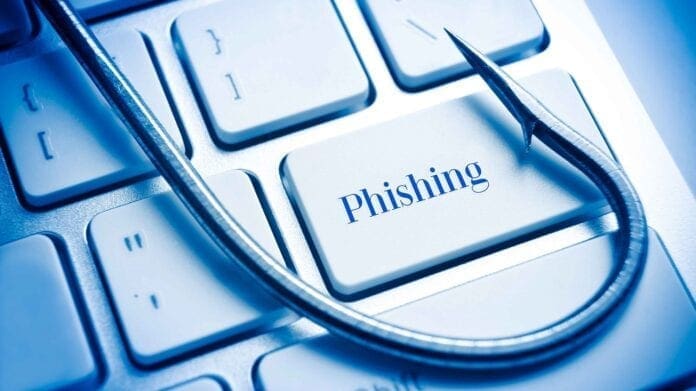Are you on Medicare? If so, you are in the company of millions of beneficiaries – about 61.2 million in 2019. Do you realize the scam opportunities with a pool of 61.2 million people? That’s a lot of potential income for scammers, and a lot of potential loss of income for victims and the healthcare system.
Have you gotten the call that says your coverage is going to end? These calls are rampant during Medicare’s Annual Open Enrollment that falls between October 15 and December 7. You need to remember that Medicare will NOT call you unless you initiate the call. These scammers are after your information and also Medicare money. Your personal information can be used to file false claims, obtain prescriptions, sell your information on the Dark Web, obtain treatment for themselves under your name, or file ‘upcharge’ claims for more expensive tests or equipment.
Perhaps you’ve received an offer for a new Medicare card. Medicare changed the numbering system for beneficiaries, switching from the Social Security Number-based system to a randomly generated ID with numbers and letters in 2015. Scammers might try to convince you to pay a fee to change from your traditional paper card to a plastic card. They may also try to provide a new card with a computer chip. (These do not exist.) Some scammers ask for the original card to be “returned”. Don’t fall for any of these.
A participant in a recent FEMA scam webinar reported that she had heard about a rip-off where scammers offer a new Medicare card with Covid vaccination information included on the card. Don’t fall for this! Just as you don’t share your Medicare card, do not share your vaccination card information.
Here are some tips:
- If you’ve answered the phone, just hang up. Don’t worry about courtesy.
- If an offer comes on your email, don’t click on any links. Delete the email. Do not call the number on the email.
- Do not put a selfie on your social media page with your vaccination card. Instead, use a frame announcing your vaccination status.
- Do not give out personal information via phone, text, email, or in-person.
- Some scammers will come to your door. Do not let them in your home. Ask for ID. If it’s a utility company, call the company (look up the number!) and request they identify the worker.
AARP offers a tool on their website “Test Your Knowledge of Scams, Fraud, and Identity Theft” that will give you information what will help you protect yourself from scams.
When you provide scammers with your personal health information, you have given them the keys to the castle. You don’t want them in your castle.
Be cautious. Stay safe!


